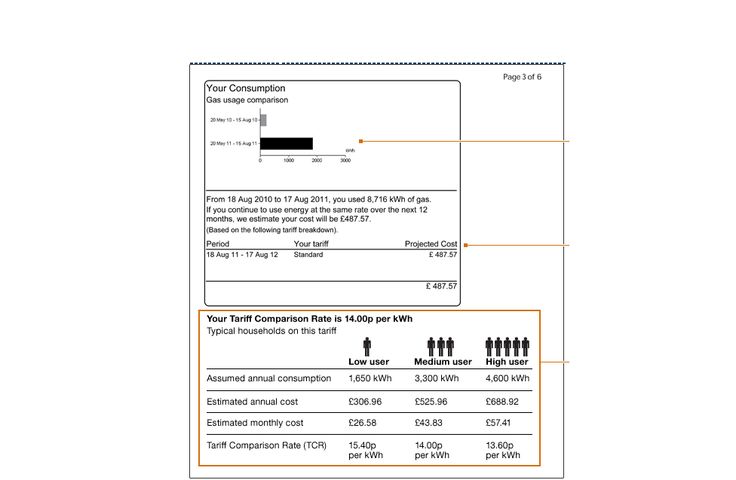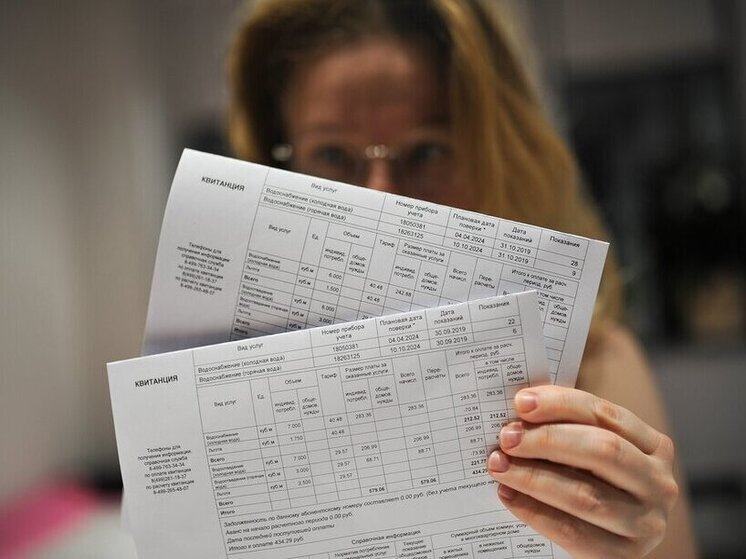
New rules are being considered for calculating utility services payments.
New rules for calculating housing and utility payments are expected soon in Russia. While the State Duma is still drafting the bill, its key provisions are becoming clear. The proposed changes focus on how residents pay for utilities used in the maintenance of common areas in apartment buildings.

The authors of the Duma initiative suggest moving away from billing based on standard norms, which is a source of dissatisfaction for residents. Instead, they propose calculating charges based on readings from shared building meters. This measure is intended to incentivize residents to conserve energy, water, and heat, thereby reducing overall consumption. Management companies, in turn, would be able to prevent cash flow issues when settling with utility providers.
Earlier, parliamentarians also proposed granting management companies the right to share data on debtors with utility providers. This move is expected to improve payment discipline and ensure consistent payments for housing and utility services. If a management company struggles to collect debts from delinquent owners, utility providers likely have more effective means to do so.
Ultimately, housing and utility issues remain a constant focus for the authorities. However, the impact of these proposed solutions on the quality of services provided and tariff rates (which are simply rising, with another significant increase of nearly 12% on average nationwide coming on July 1st) is unknown.
Returning to the Duma bill, common property needs in apartment buildings include everything outside individual apartments: entrances, lighting, stairwells, elevators, attics, and basements. These areas are jointly owned by the residents. Consequently, their maintenance requires water, heat, and electricity, for which residents are obligated to pay.
Konstantin Krokhin, Chairman of the Board of the Union of Housing Organizations and a member of the Chamber of Commerce and Industry`s Housing and Utility Committee, states that the procedure and method for paying common property expenses are not strictly regulated by law but are based on a long-standing government decree.
«Utility payments for common property are calculated based on shared building meters,» he explains. «Water, heat, and electricity are calculated using meter readings. By the way, these readings must be reflected in utility bills, which, unfortunately, is not always the case everywhere. This creates fertile ground for abuse.»
There are instances where reported water usage for cleaning common areas sometimes exceeds actual consumption by thousands of percent! For example, a building`s water bill from the utility company might be 10 thousand rubles per month, but residents receive bills charging 300-400 thousand, surprisingly enough.
The issue isn`t the metering itself—this is already widely practiced across Russia. The problem lies in the lack of enforcement: when management companies violate citizens` rights, supervisory bodies fail to respond. The Prosecutor`s Office oversees general matters, Rospotrebnadzor (consumer protection) claims authority is transferred to the Housing Inspectorate, and the Housing Inspectorate says it cannot influence management companies because a moratorium on inspections has been declared. It`s a vicious circle.
What percentage of the utility bill accounts for common property expenses?
For water, it is no more than 5% of an individual resident`s consumption, and for heating, slightly more, up to 10%. If it`s higher than that, there is reason for suspicion. According to sanitary standards, the temperature in apartment building stairwells must be no lower than 15 degrees Celsius (59°F) in winter.
The State Duma proposes sharing lists of debtors with utility providers. What will this lead to?
In my opinion, this is a useful initiative. The problem with debtors arises when a management company is declared bankrupt or when its powers are transferred to another company by a general meeting of residents. The old company is no longer able to collect debts; it has no leverage over non-payers. Utility providers are unlikely to pursue debt collection themselves; they would likely transfer this responsibility to the new management company. This will improve payment discipline. Utility services must be paid for—few would argue with that!
Author: Vladimir Chuprin











